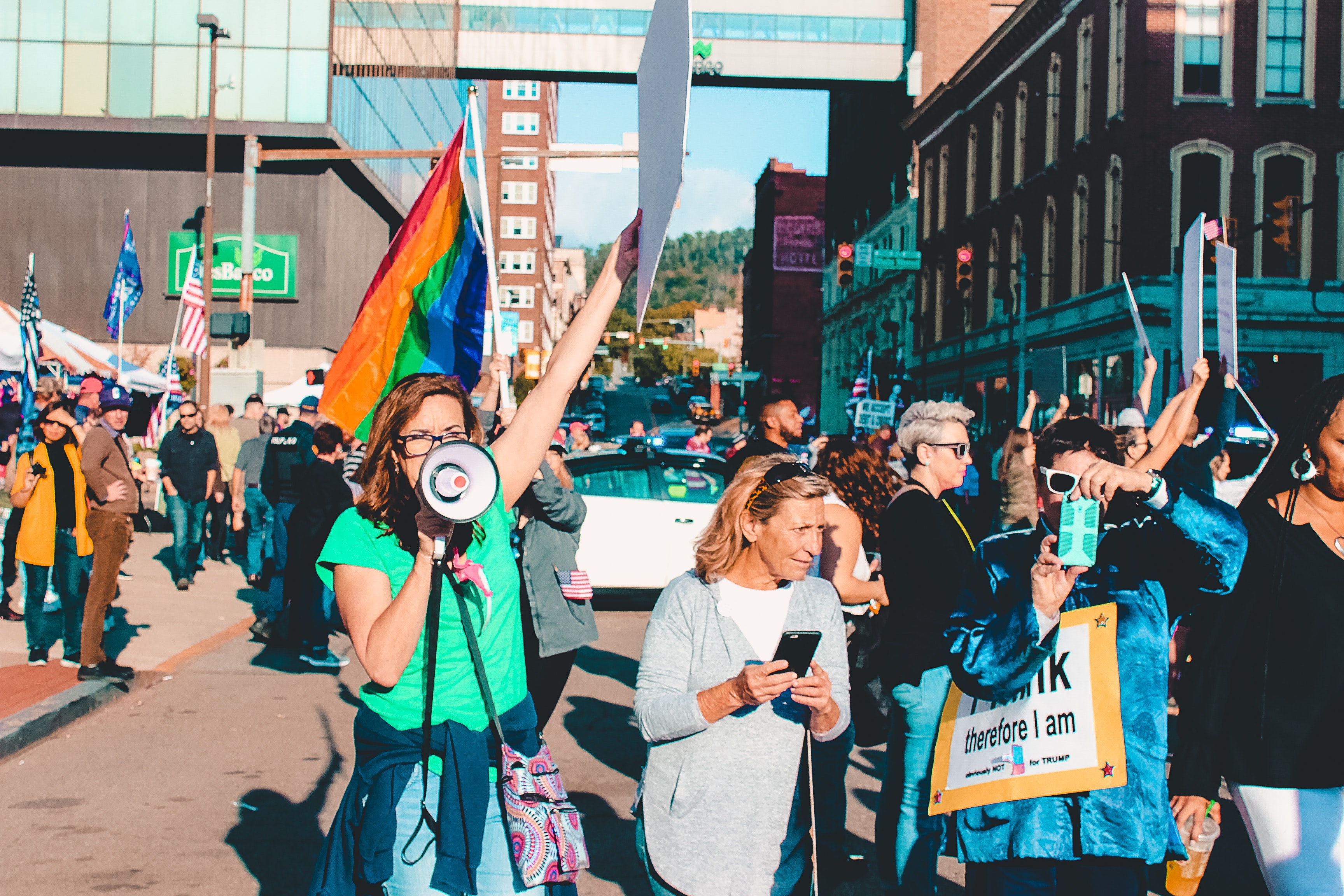“What country can preserve its liberties if their rulers are not warned from time to time that their people preserve the spirit of resistance?”
— President Thomas Jefferson
The authors of the United States Constitution understood that the freedom of the people to express their disagreement with government policies is absolutely vital to democracy. The First Amendment makes explicit the protections afforded to this kind of expression: Americans have the right to “peacably assemble and petition the government for a redress of grievances.” In other words, non-violent demonstration and disagreement are fundamental American values. They ensure that we have a government “by and for the people,” and that a lively debate about the direction of our country remains a constant facet of American public and political life.
However, it stands to reason that no form of expression is so aggressively assailed as disagreement with leadership. Those in positions of power have obvious interests in stifling public discourse about government lies, corruption, or ineptitude, and many of the tactics they employ to short-circuit public dissent constitute particularly insidious forms of censorship.


